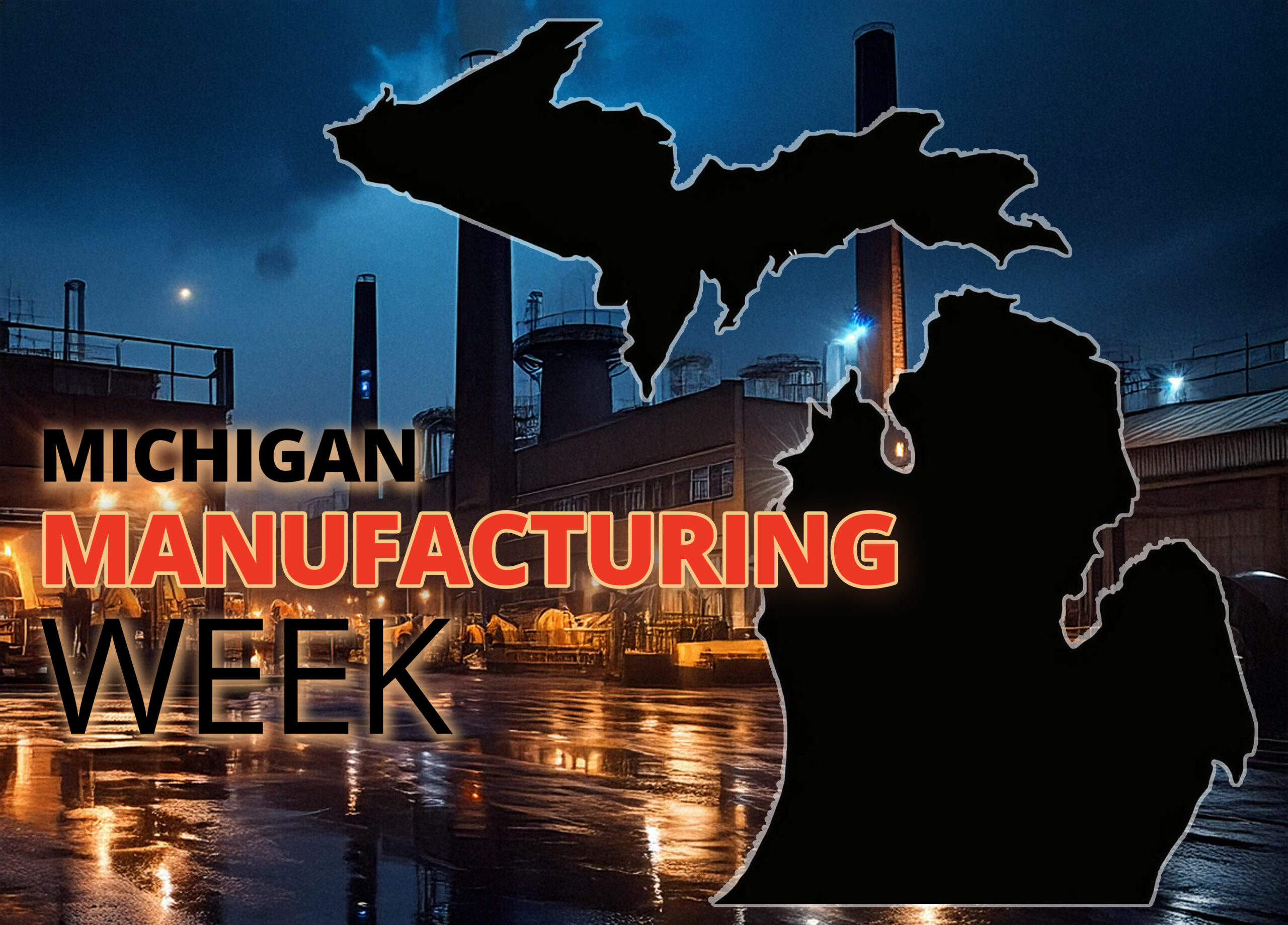Michigan Manufacturing Week, celebrated from October 4th to 11th, underscores the state’s deep-rooted commitment to manufacturing and its evolving future. Home to more than 600,000 manufacturing workers and over 12,000 companies, Michigan plays a critical role in the nation’s manufacturing landscape. This week’s events focus on showcasing modern manufacturing opportunities and dispelling outdated perceptions of the industry as “dirty” or “low-skill” work. The goal is to inspire young people, emphasizing that skilled trades offer a valuable alternative to traditional college pathways, especially for those looking to avoid student debt while entering high-paying careers
Governor Gretchen Whitmer supports these initiatives by emphasizing the state’s strategy to retain talent and fill the growing demand for skilled workers. New legislation signed during Manufacturing Week furthers these goals by boosting workforce development efforts and creating investment-ready sites across the state. A $1 billion economic development package aims to make Michigan more attractive for large-scale manufacturing projects, leading to job creation and economic growth across multiple sectors State of Michigan | Michigan.gov Michigan MEDC
With an expected 8% increase in manufacturing jobs over the next decade, programs like the Going PRO Talent Fund and Registered Apprenticeships are being utilized to bridge the skills gap. These initiatives provide young people with training and apprenticeship opportunities that lead directly into high-demand careers. By equipping students with practical skills and connecting them to high-paying job opportunities, Michigan aims to ensure that its residents do not need to leave the state to find sustainable careers.

Additionally, Michigan’s push toward advanced sectors such as electric vehicles (EVs) and clean energy aligns with the state’s commitment to creating future-ready jobs. Investments in clean energy have already resulted in over 127,000 jobs, with projections indicating the potential for 41,000 more by 2040 as the state continues to expand in EV production and renewable energy. The emphasis on green manufacturing not only prepares the workforce for future technological demands but also contributes to sustainable economic growth and environmental responsibility(Michigan MEDC).
Governor Whitmer’s legislative actions also complement this growth by supporting various economic and social programs. For instance, bills signed recently include measures to improve funding for training programs, enhance protections for workers, and expand healthcare access in rural areas. These actions contribute to a holistic approach to workforce development, addressing both job training and the wellbeing of workers to ensure a resilient and thriving manufacturing sector(State of Michigan | Michigan.gov
Manufacturing Week is not just a celebration of Michigan’s industrial history but a forward-looking effort to engage the next generation in building the state’s future. By opening doors for young people to explore skilled trades and modern manufacturing technologies, Michigan is positioning itself to remain a leader in innovation and economic opportunity. The week’s events and recent legislative actions together reflect a comprehensive strategy to cultivate a skilled workforce, retain talent, and secure Michigan’s place as a manufacturing powerhouse for years to come(SEMCA Michigan Works!)(State of Michigan | Michigan.gov).
Through these concerted efforts, the state demonstrates that manufacturing is more than machinery; it’s about creativity, problem-solving, and the promise of sustainable, high-paying careers. Michigan Manufacturing Week serves as a pivotal opportunity to introduce youth to these career paths, encouraging them to envision a future in which they contribute to building not only products but also the economy and communities that thrive around them(State of Michigan | Michigan.gov).




